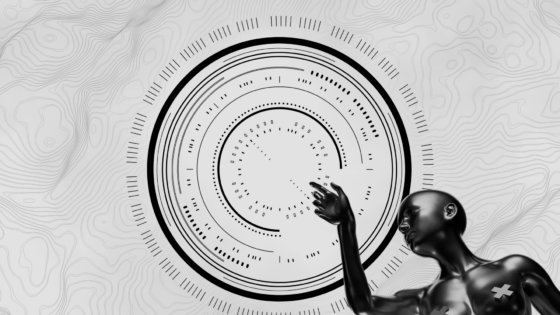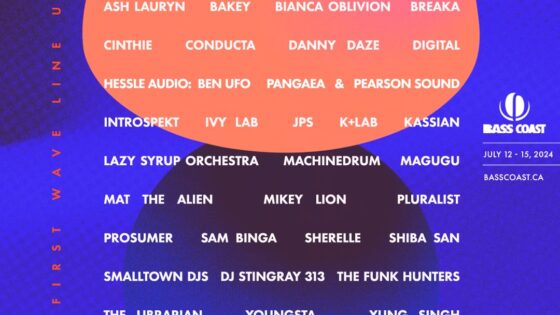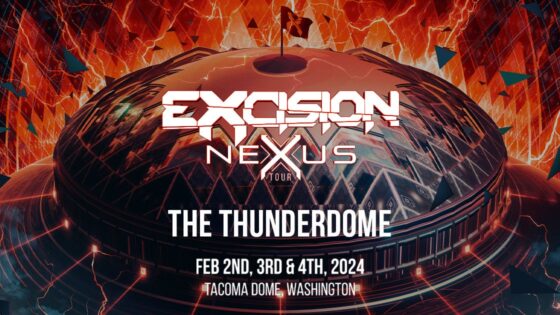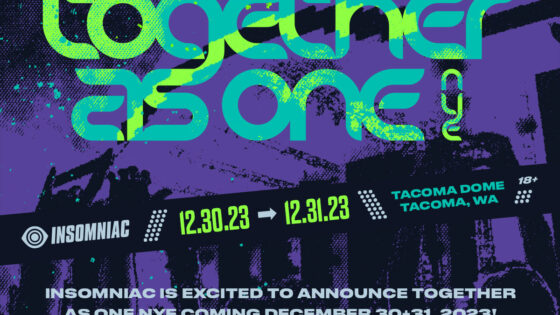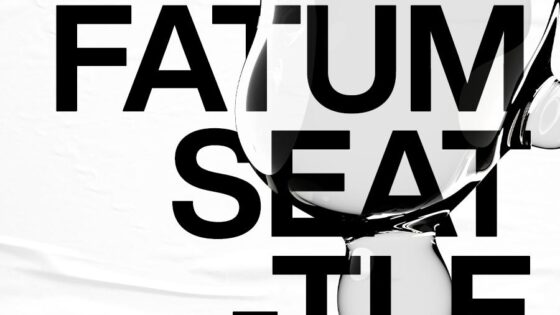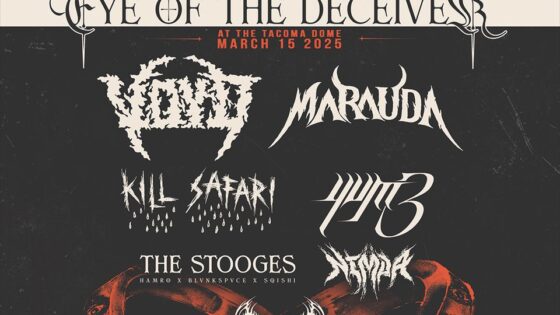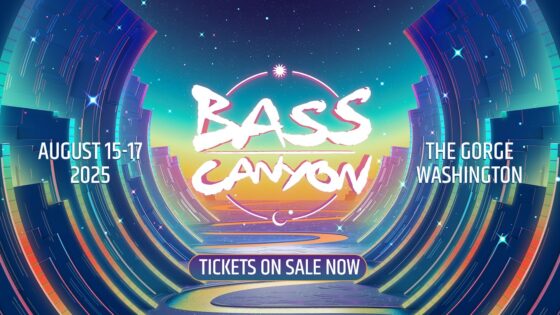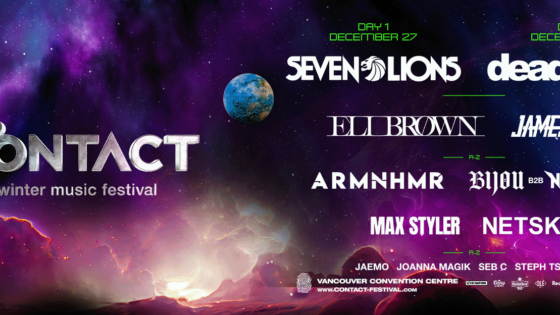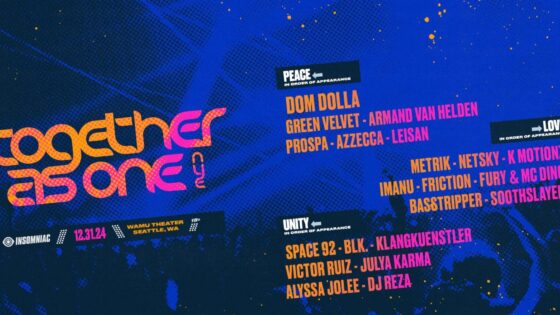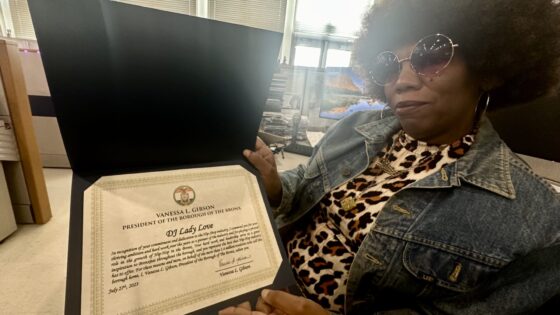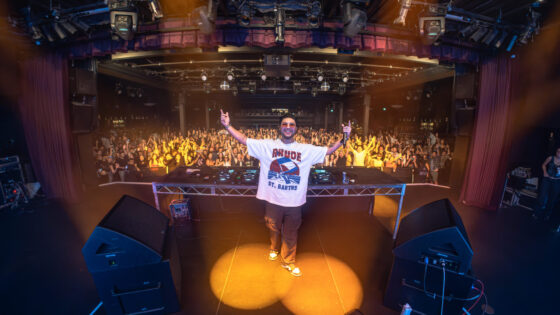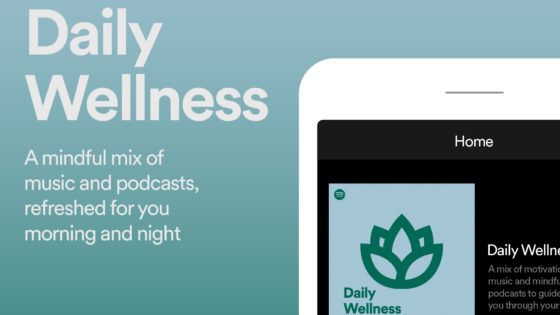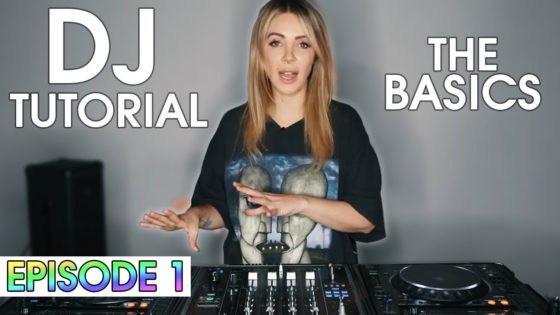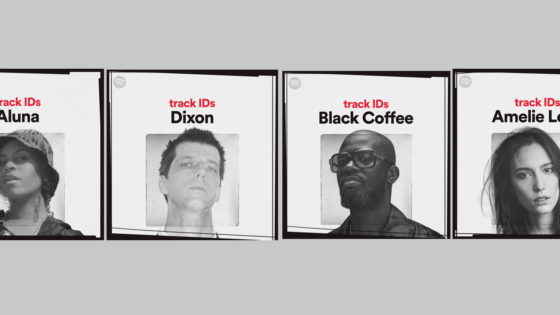Times are tough for YouTube in some ways. The company, whose platform is traditionally the music-streaming platform of choice, has come under heavy competition from streaming services like Spotify, Pandora, and Apple’s upcoming Beats-powered service. So the sensible thing to do is to make it appealing for unsigned artists to join Music Key, YouTube’s new streaming service, right?
“According to a transcript of the conversation provided by Keating, YouTube told the successful independent cellist and songwriter that, unless she opted in to YouTube’s new streaming service, Music Key, by signing a proposed contract without stipulation, her ability to earn ad revenue from the 9,696 videos featuring her songs, and their roughly 250,000 monthly views would be effectively revoked; her music would appear on Music Key anyway; and furthermore, YouTube would have to block her from uploading new material from her current account.”
Keating, distraught, blogged about the incident with YouTube. It quickly went viral and was picked up by the likes of The Guardian and Digital Music News. These and other online news sources were quickly contacted by the digital giant demanding they retract the articles or change their titles. It would seem that, when YouTube was unable to strike a deal with indie behemoth (lol) Merlin Network, they figured the next best thing was popular unsigned artists.
The only groups that aren’t getting totally pushed around and exploited are the ones that bring a giant gun to the negotiating table.
EDM producers aren’t in a much better bargaining position. Many small and mid-size producers and DJs count on YouTube’s ContentID system to make money, get exposure, and manage their rights online. According to Keating and DigitalMusicNews.com writer Paul Resnikoff, losing that ability to manage their copyrights, block users from illegally posting their music, and monetize the videos isn’t just a huge blow; it’s wrong.
“Now it’s clear to everyone except a Wall Street banker that there are elements of the contract that are fundamentally unethical, and that [YouTube] wouldn’t be able to insist on some of these terms if they weren’t hiding behind [non-disclosure agreements].”
EDM is incredibly dependent on YouTube and its video platform. Out of the 9 dance tracks listed in the Billboard Top 100 Year End 2014 list, the official versions received a total of 2.3 billion and 8.4 million likes. While these particular artists (like Calvin Harris and Avicii) are signed to major labels, local acts like Beauflexx, Eliminate, SixFour and others could be at risk of action by YouTube.
I’ve been negotiating with [YouTube] for a year, and at no point have any of the terms I’ve been concerned about been flexible in any way.
Billboard.com also published an article about the ongoing Music Key fiasco, one which painted Keating as confused; an imprecise note-taker. According to Billboard, Music Key doesn’t seek to deny upload privileges or publish music without consent. “To repeat: Keating’s music will not be included in Music Key if Keating does not wish it to be, according to YouTube.” This two-way smear campaign has left us all to ask the question: What’s really going on here?
The sad truth is that no artist can know or be sure until it’s too late. Once you’re in the ContentID system and Music Key (or any) demands are placed at your feet, you’re bound by the YouTube ContentID rules and a confidentiality agreement. You’ll have 3 choices: play ball with Google, stop using YouTube as a revenue platform for your art, or become a bullied activist musician like Keating. And that doesn’t sound like any fun at all. “Yeah, it’s harsh and trust me, it is really difficult for me to have this conversation.”
h/t East Bay Express
Important things happen in Pacific Northwest nightlife, and DMNW will send you alerts!





